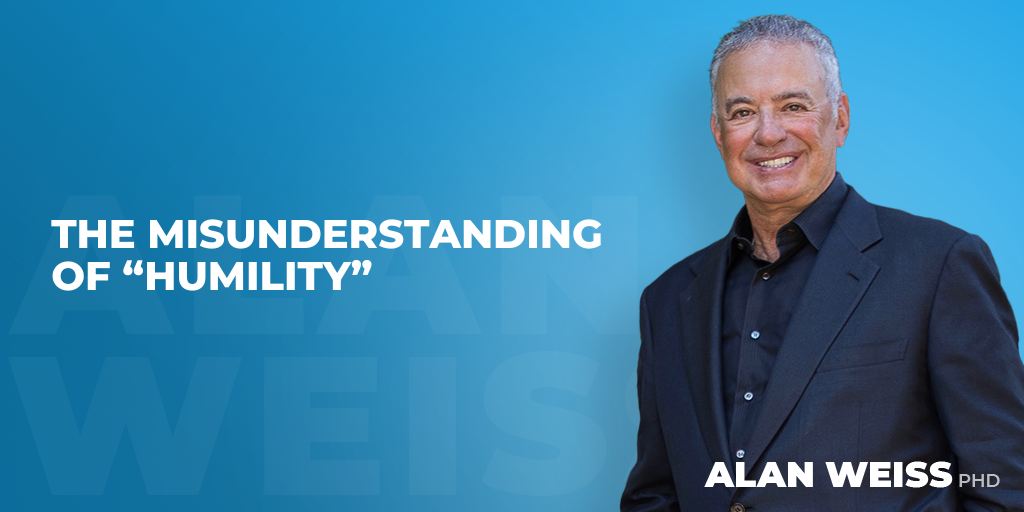On Leading
Leadership is a noun. Leading is a verb.
I’ve been observing, coaching, and consulting with leaders since 1972. This has occurred in large firms and small, public and private, educational institutions, charities, the military, non-profits, arts groups, and the clergy, to name the major categories. I’ve done this in 50 countries.
Great leaders can’t be idealized. They possess some traits which we might otherwise regard as inappropriate at best and offensive at worst. They tend to strive for results and not acclaim. They don’t care if people like them, they care about meeting goals. Jack Welch was effectively leading 12 separate companies as CEO of GE, from light bulbs to locomotives, and was sometimes known as “neutron Jack.” He didn’t seem to care (and while GE was a client, I didn’t observe any managers who cared). He was extraordinary.
They are in many cases quasi-narcissists. They believe they are somewhat different, marching to the beat of a distant drummer, on a road rarely traveled. They break rules, exercise power, demonstrate outrage, don’t suffer fools gladly or in any other way, and are not at all afraid to make mistakes. Steve Jobs said, okay, we’ll provide you with a free case to mitigate dropped iPhone calls, but what’s the big deal?
What, indeed?
Outstanding leaders stand their ground.
They are tough, demanding, but fair. When I worked with Roy Vagelos, CEO during the golden years at Merck (America’s Most Admired Company five years running in the annual Fortune Magazine poll), people were afraid of his temper and bluntness, but he never turned a deaf ear to a fair argument. He never asked anyone to do things he wouldn’t. He thought he was the brightest guy in the room until and unless someone proved otherwise.
They take chances and aren’t afraid. Lou Gerstner didn’t know a whole lot about IBM, but he had the skills and the nerves to turn the supertanker around in the water. Scully couldn’t do that at Apple and Gilmartin couldn’t do it at Merck.
Organizations, businesses, even governments aren’t true democracies. They often function best with a benevolent dictatorship. (Lincoln Steffens observed that if we had had good kings, we would all still be monarchists.) Lincoln and Roosevelt regularly bent the rules (e.g., one suspended habeas corpus, and the other tried to pack the Supreme Court).
They aren’t afraid to tell us what we need. Morita gave us the Walkman, great grandfather of the iPhone. Smith gave us overnight, guaranteed delivery, which experts had scoffed at.
Great leaders see themselves as different, not subject to all the normal rules and regulations (and sometimes laws of nature). They can be infuriating, They wield power disproportionately. They make demands.
But the great ones make a difference.
© Alan Weiss 2010. All rights reserved.



